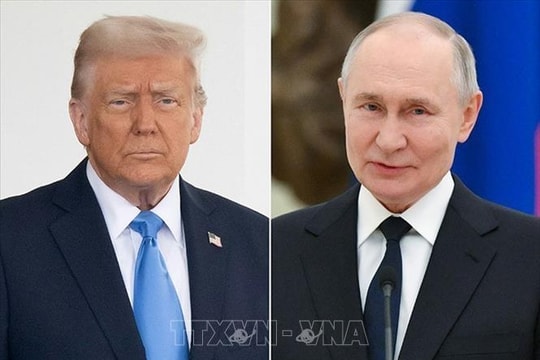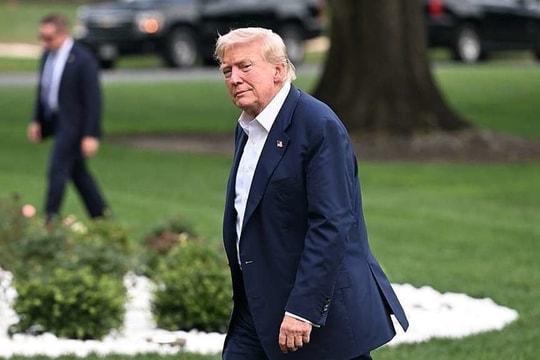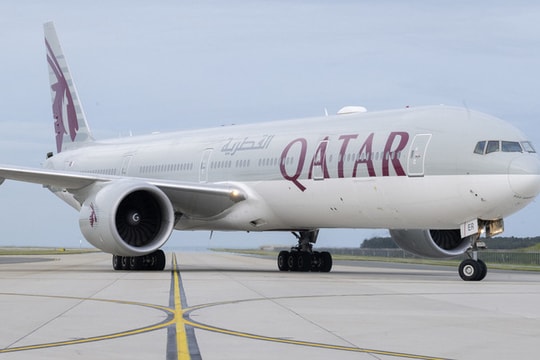Why did the US 'change tone' in its attitude towards Pakistan?
(Baonghean) - Western media reported on July 23 that on July 22, US President Donald Trump unexpectedly praised Pakistan for its help in promoting peace dialogue in Afghanistan.
Many opinions consider this a remarkable "change of tone" in the tone of the United States, in the context that they need Islamabad's help to reach an agreement with the Taliban, in order to end the nearly two-decade-long war.
 |
| President Trump praised Pakistan when welcoming Prime Minister Imran Khan to the Oval Office on July 22. Photo: AFP |
Keyword Afghanistan
Speaking from the Oval Office alongside Pakistani Prime Minister Imran Khan during his first official visit to the United States, President Trump bluntly declared that he could end the conflict within days through the use of force, and “Afghanistan would be wiped off the face of the Earth.”
However, the leader's tone "changed direction" when he added that, compared to force, he still preferred dialogue.
According to Western media, Pakistan was the main sponsor of the Taliban when the group rose to power in neighboring Afghanistan in the 1990s.
Pakistan's influence over the group, which has waged an insurgency since being ousted from power by US-led forces in 2001, is seen as key to facilitating a political settlement with Afghan President Ashraf Ghani's government.
 |
| There has been a 'reversal' in the attitude of US leaders towards Pakistan. Photo: AFP |
This is likely the reason for the 180-degree turn in tone from the White House on this occasion, as evidenced by Mr. Trump's "winged words."
“We’ve made a lot of progress in the last few weeks, and Pakistan has helped us make that progress. A lot of things are happening for America, and I think a lot of good things will happen for Pakistan under your leadership.”
The warm words and friendly smiles signal a clear “reversal” in the attitude of the Republican US President, because many people know that in the past, Trump was the one who accused Pakistan of lying and cheating, and last year he cut $300 million in security aid to this “address”.
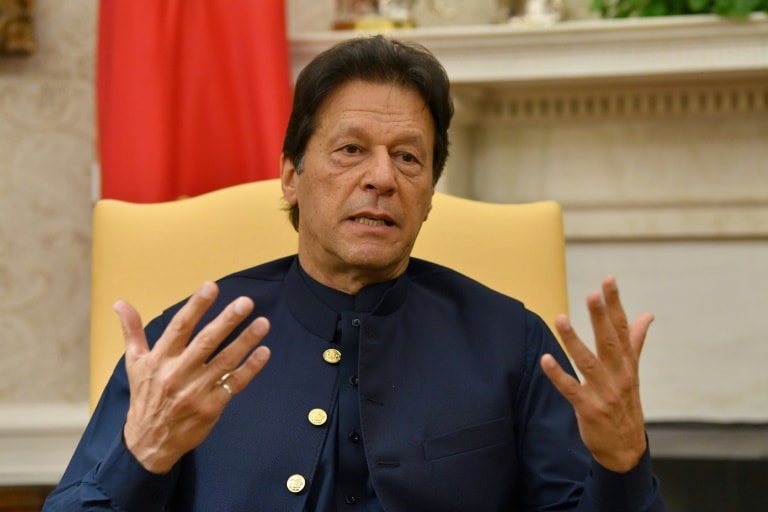 |
| Pakistan's prime minister once described the prospect of meeting the US leader as a "bitter pill" to swallow. Photo: AFP |
Seemingly joining the friendly atmosphere, the Pakistani Prime Minister, for his part, also said: “I am one of those who always believed that there is no military solution… I must commend President Trump, because now he has forced everyone to end the war.”
Paving the way to end America's longest war
The US is reportedly pushing for a political deal with the Taliban before Afghanistan's presidential election in late September 2019. This would pave the way for most US troops to withdraw from Afghanistan and bring an end to the longest war the US has ever fought - which has dragged on for 18 years.
Regarding this war, Trump warned: “If we wanted to fight the war in Afghanistan and win, I could do it in a week. I just don’t want to kill 10 million people.”
 |
| US troops operating in Afghanistan. Photo: Armytimes |
With a view of dialogue rather than confrontation, Shamila Chaudhary, a senior fellow at the New America think tank and a former US National Security Council official, told AFP that Mr. Khan's visit was seen as "a reward for good behavior in doing everything possible to facilitate Taliban negotiations" that the US gave to Pakistan.
Explaining the enthusiasm from Pakistan's perspective, it is easy to see the fact that Islamabad is looking to rekindle relations with Washington after years of discord since discovering the mastermind of the 9/11 attacks, Bin Laden, on Pakistani soil, where he was killed in a US raid in 2011.
A fresh positive sign emerged when the International Monetary Fund (IMF) just approved a $6 billion loan to help revive Pakistan's faltering economy, and in the view of Raza Rumi - a Pakistan expert working at Ithaca College, keeping the US "on board" is crucial to help the country maintain the flow of Western support.
In recent times, the interactions between the leaders of the US and Pakistan, who were both public figures before becoming politicians, have become the subject of many different speculations.
But according to Chaudhary, the recent Trump-Khan “encounter” at the White House was still a “formality” from some perspectives, because the meetings between the US and Pakistan’s powerful military commander, General Qamar Javed Bajwa, who also came to Washington on this occasion, were where “substantive issues were discussed.”
Shuja Nawaz, a South Asia expert at the Atlantic Council, said Mr. Khan is considered to have a closer relationship with the military - the party that controls Pakistan's foreign policy - than his recent predecessors.
Mr Bajwa's presence on this occasion "added some credibility to the messages that the Pakistanis wanted to convey".
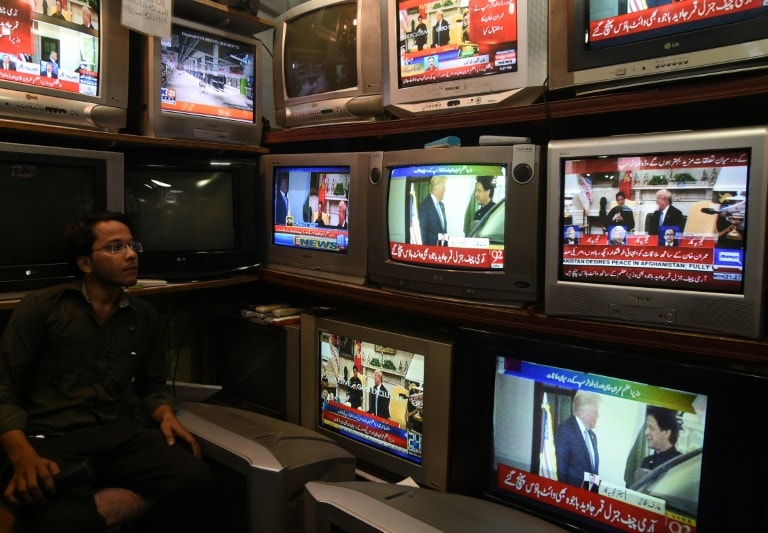 |
| Public opinion follows the Trump-Khan meeting from Karachi. Photo: AFP |
A statement from the recent White House meeting affirmed that Mr. Trump hoped to “restore all aspects of the bilateral relationship,” including new trade agreements and “strong military-to-military relations.”
The commercial aspect remains unclear, but the latter would certainly be welcomed by the Pakistani military, which has always expressed its eagerness to access new US military hardware, as well as to restart the flow of security aid from Washington.

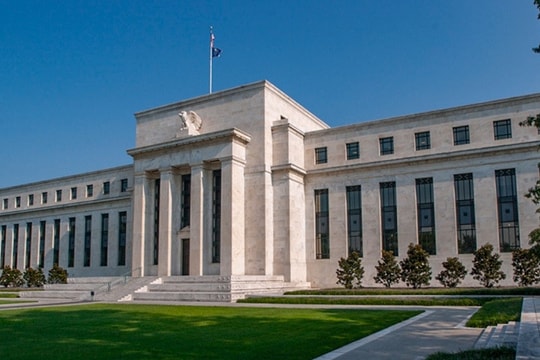
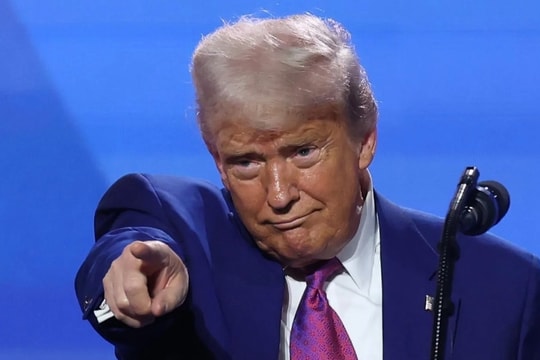
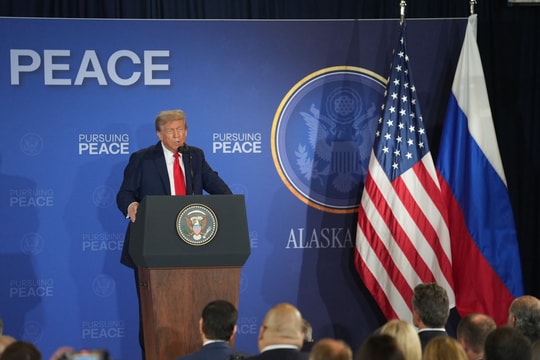
.jpg)
